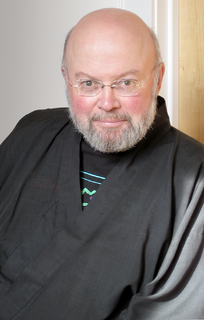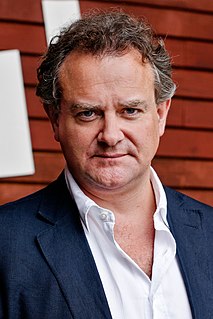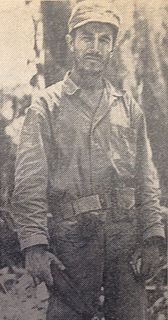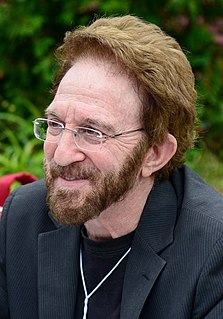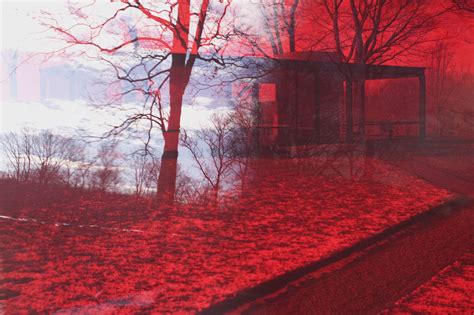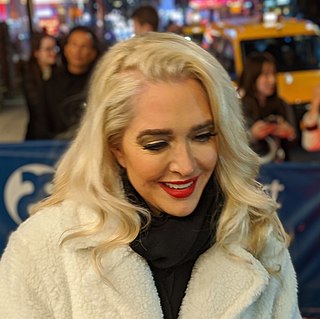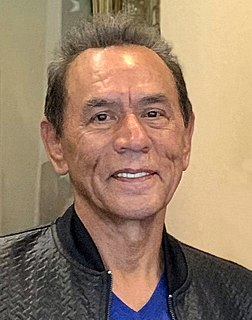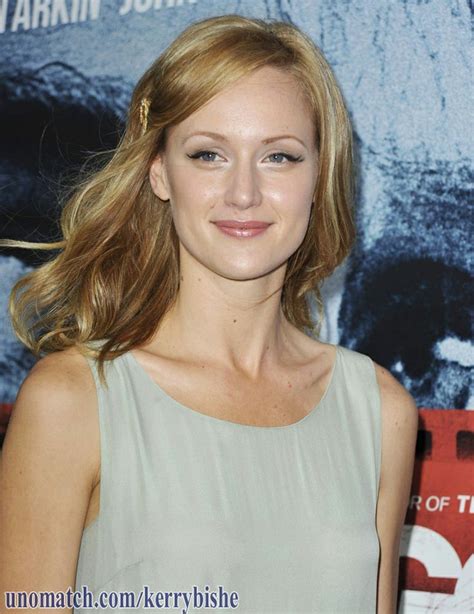A Quote by David Hockney
Great claims are being made for the photograph as truth. We are showing you things, we show you the war. I say you can't actually. The camera can't.
Related Quotes
In the age of the camera phone it's a bit weird when you're sitting having dinner in a restaurant and people think they're being very subtle taking a photo while in fact they're being very obvious. When you're in a middle of a mouthful with friends or family and people come up asking for a photograph, that's when you want to say, 'Actually, I'm going to say no; I'd like to finish my meal. This is my time.'
Of course, the camera is a far more objective and trustworthy witness than a human being. We know that a Brueghel or Goya or James Ensor can have visions or hallucinations, but it is generally admitted that a camera can photograph only what is actually there, standing in the real world before its lens.
I never had any intention nor interest in being an artist, but when I made work I realized that this was my language. What I had to say needed to be said in this way. I always loved taking photographs - but never considered myself a photographer. I have tremendous respect for photographers. I do use a camera and a photo as a basis for a lot of my work, but I use it as a means to attain an image to work from. The actual photography in my work is a monochromatic photograph. I'll photograph something and extract a color that will then be the background for a painting.
A photograph records both the thing in front of the camera and the conditions of its making... A photograph is also a document of the state of mind of the photographer. And if you were to extend the idea of the set-up photograph beyond just physically setting up the picture, I would argue that the photographer wills the picture into being.
I'm always going to hear people make that connection and I've just accepted it. It's alright. I'm just happy that I get to do my own thing now. I learned a lot from the show [the Voice] as far as being in the TV world and being in front of the camera, which is really great because I'm not as nervous in front of the camera as I was before.
When I grew up, in Taiwan, the Korean War was seen as a good war, where America protected Asia. It was sort of an extension of World War II. And it was, of course, the peak of the Cold War. People in Taiwan were generally proAmerican. The Korean War made Japan. And then the Vietnam War made Taiwan. There is some truth to that.


